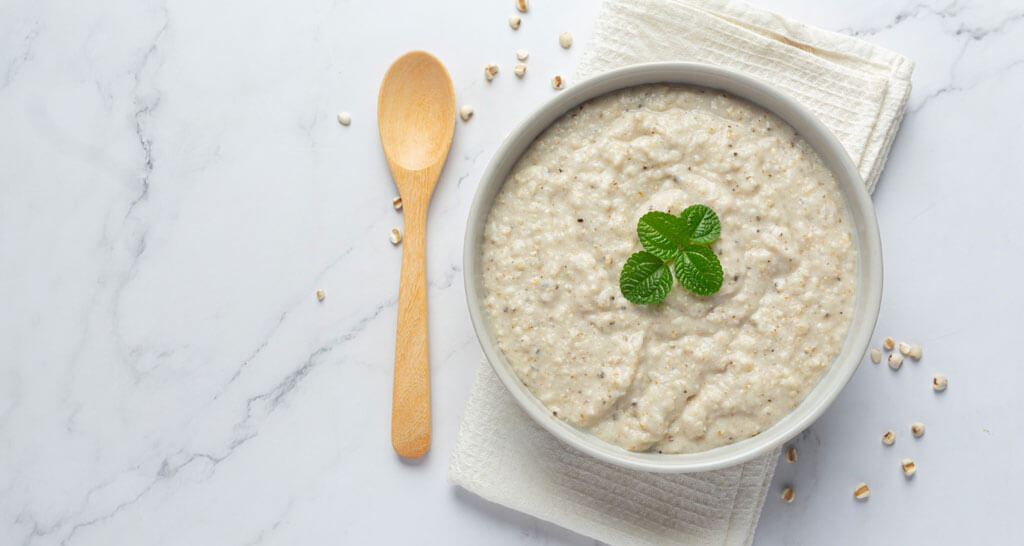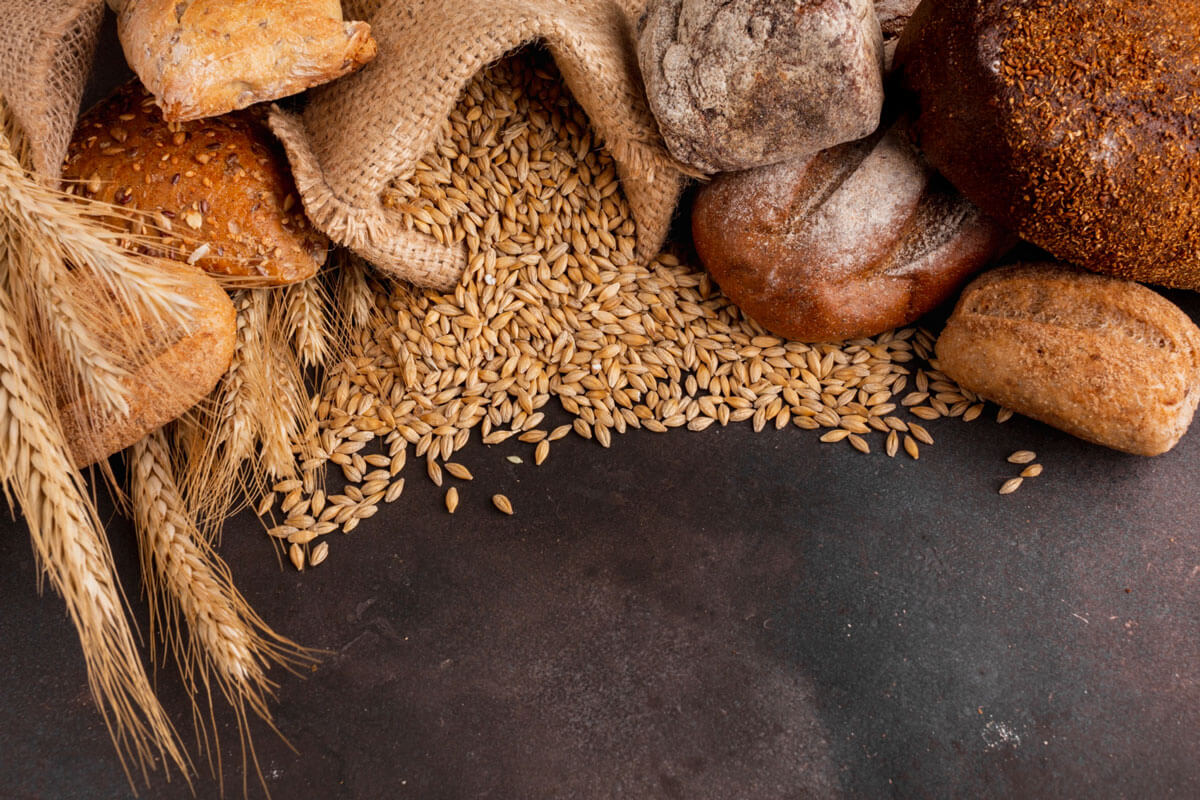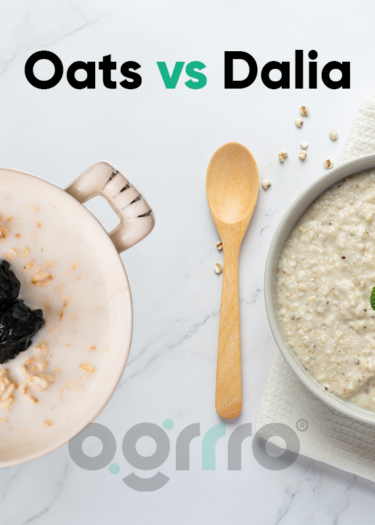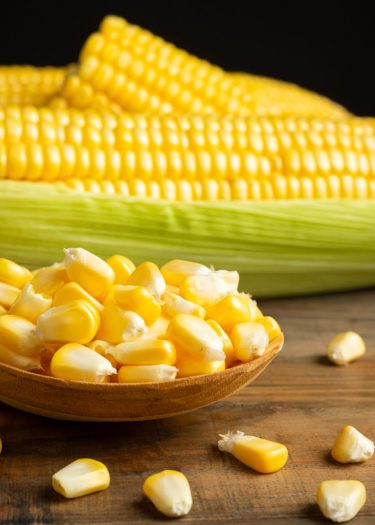Among the many things we as a human consume, wheat and wheat-related products are by far the most prominent. People all over the globe, especially in Asian countries, consume wheat more than any other ingredient. It is a staple that has its use in several dishes. You can eat it in different forms, from bread to pasta.
With the advancement of technology and human consumption, there has been a dire need for an increase in the production of wheat. As a result, agricultural scientists have developed ways that give us more productivity, in a limited time and without pests, etc. however, the increase in demand has changed the way the crop is cultivated and harvested.
Despite the change in farming ways, more use of pesticides, fertilizers, etc., people have slowly started to shift towards “organic” produce. Organic wheat has gained immense popularity over the years. That’s because of its high nutritional content. There are many prominent reasons why you should eat organic wheat. Here are a few:
What is the difference between organic wheat and regular wheat?
Here is how organic wheat is different from the regular one available:
- Firstly, organic wheat is grown under suitable conditionals that are natural. Whereas regular wheat nowadays is grown in a controlled environment.
- One of the most prominent things about organic wheat is that it is free from pesticides. As a result, the grain is free from any toxins. Whereas regular wheat usually is grown under the influence of pesticides.
- Organic wheat is grown on natural fertilizers which is free from toxic chemicals like ammonia. Whereas regular wheat uses fertilizers that have a high amount of ammonia and other toxic chemicals.
What is its Nutritional value?
Organic wheat is high in nutritional value. It is rich in minerals as well. Here is the detailed nutritional information of 100g serving of organic wheat flour:
- Calories: 340 kCal
- Total fats: 2.5g
- Carbohydrates: 72g
- Sugars: 0.4g
- Fiber: 10.7g
- Protein: 13.2g
Minerals:
- Calcium: 34 mg
- Iron: 3.88 mg
- Potassium: 405 mg
Different Organic Wheat Products
There are so many different ways you can consume wheat in your daily diet. These are:
Wheat flour: One of the most common ways of using wheat is in flour. You can use it to make Rotis, Chapatis, Naan, or Bread. You can find different types of flours like all-purpose corn or rice flour. However, whole wheat flour, especially Organic Wheat flour, is the best type. However, it is not gluten-free.

Dalia: Another way you can incorporate wheat in your daily diet is in the form of Dalia. Again, you can use organic wheat for this purpose.

Pasta: Whole wheat pasta is very popular. You can make it at home using organic wheat or look for premade one from the grocery store.

Bread: Bread is another staple that is widely used by people of all ages. Bread made from whole wheat has several benefits because it includes not just the endosperm but bran and husk too. So, when you use bread made from organic wheat, the benefits are elevated.

Health Benefits of organic wheat
There are several health benefits of using organic wheat. Here are a few to name:
- Because organic wheat is grown under natural conditions and is free from pesticides, it offers a high level of health benefits. Moreover, it is free from toxins and harsh chemicals.
- Organic wheat, especially when used as a whole, offers soluble fibre that promotes digestive health and regulates bowel movements.
- It also contains natural antioxidants like Ferulic acid, Phytic acid, Lutein. Antioxidants are naturally occurring compounds that protect the body against chronic diseases. These do that by eliminating free radicals in the body. As a result, it protects you against diseases like cancer and other heart diseases.
- Apart from fiber, it also contains probiotics. Probiotics also promote gut health.
A word of caution: Organic wheat has gluten in it. So, for those who have gluten sensitivity, using organic wheat is not healthy for you.
Positive effects on Environment and Farmers
Organic wheat is not just beneficial for your health but also offers positive effects on the environment. Here are some of the environmental benefits of organic wheat:
- Because organic wheat is harvested under natural conditions, there is no involvement of greenhouse or artificial means. As a result, the natural order is maintained. When the natural order of anything is not hindered, it offers benefits to the environment.
- Organic wheat doesn’t involve pesticides. As a result, the soil is free from harsh chemicals. The same goes for the environment.
- Organic wheat doesn’t include artificial fertilizers. Natural fertilizers are cheaper as compared to artificial ones. As a result, the farmers don’t have to worry about investing money in looking for expensive fertilizers and pesticides.
To conclude, organic wheat has so many benefits not just for health but for the environment as well. So, if you are someone who cares for the natural order of things, organic wheat is a perfect way to start believing in it and promoting the organic way of lifestyle.






